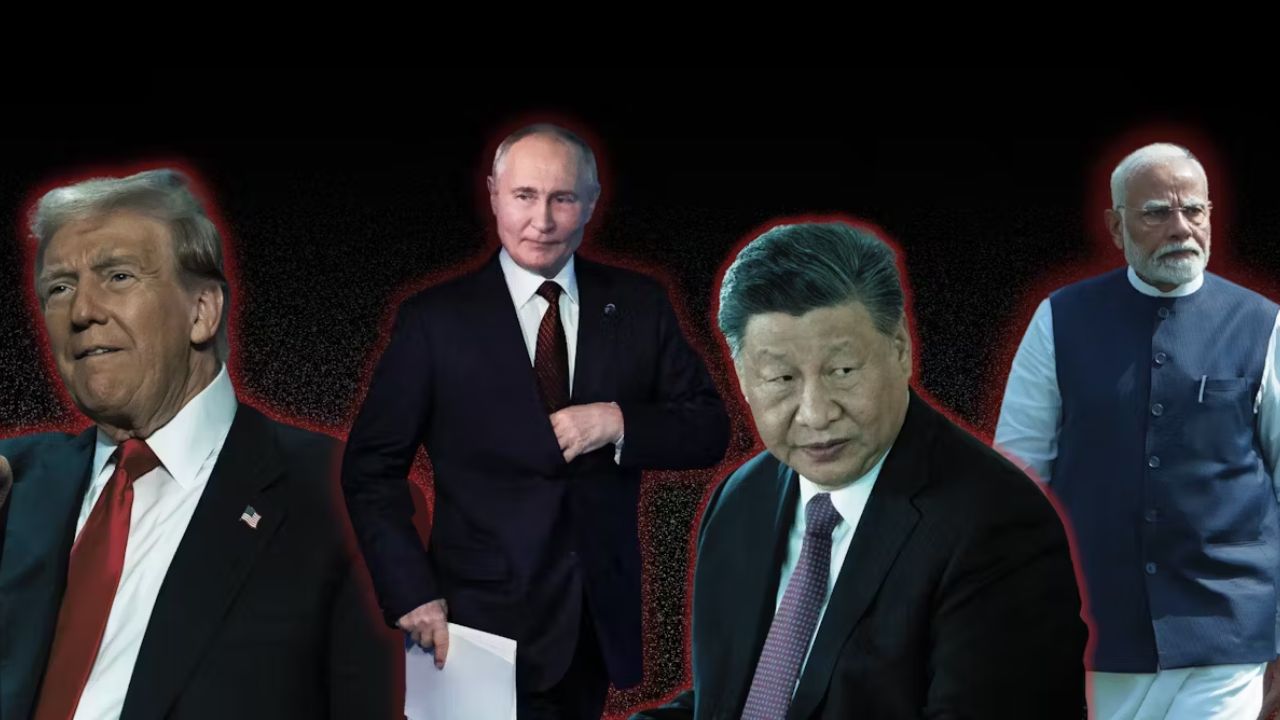 English
English

India’s Gini score drops to 25.5, becoming world’s 4th most equal society. Poverty rate falls from 16.2% to 2.3% in a decade due to welfare schemes.

India shines as world's 4th most equal society (Image Source: Internet)
New Delhi: India has achieved a major success and has now joined the world's most equal societies. According to the World Bank, India's Gini index is now 25.5, making it the fourth most equal country in the world. Only the Slovak Republic, Slovenia, and Belarus are ahead of India in this list.
India has surpassed all the countries of the G7 and G20, including China (Gini score 35.7). This confirms that the positive effects of economic development in India are reaching all segments of the society, reports Dynamite News correspondent.
The Gini index is a measure of the inequality which arises in the distribution of income of a nation. This score varies from 0 to 100, with 0 representing absolute equality and 100 representing absolute inequality. India scored 28.8 in 2011, which has now declined to 25.5 in 2022. It indicates that India has made considerable strides in the reduction of income inequality over the last decade. The prime reason is the priority accorded to poverty reduction.
It is estimated by the World Bank's 2025 Spring Report that nearly 171 million Indians have escaped poverty between 2011 and 2023. In 2011-12, the population living on a daily income of less than $2.15 was 16.2%, which fell to 2.3% in 2022-23. If the poverty line is drawn at $3.00 per day, then the poverty rate in India in 2022-23 stands at 5.3%.
Reasons behind India's success
These are the result of government schemes, according to experts. Over 55.69 crore individuals have been brought into the banking system under the Pradhan Mantri Jan Dhan Yojana (up to June 2025). It enables the government to transfer money directly to the accounts of the beneficiaries, which has minimized corruption.
The Aadhaar card, India's digital identity, has over 142 crore cards distributed (as of July 2025). Government subsidies and services are delivered to the right individual through this. DBT has caused savings of around Rs 3.48 lakh crore up to March 2023.
Health schemes have also been of great help. Under Ayushman Bharat scheme, all families are given free health insurance of up to Rs 5 lakh. So far, 41.34 crore Ayushman cards have been given, and over 32,000 hospitals are participating in the scheme. Besides this, citizens over 70 years of age are being provided with free treatment under Ayushman Vayo Vandana Yojana, regardless of their income.
Self-reliance and skill development
Stand-Up India programme and PM Vishwakarma Yojana have motivated the weaker sectors of the society to be entrepreneurs and self-employed. Stand-Up India has provided loans of over Rs 62,807 crore to SC/ST and women. Meanwhile, under the PM Vishwakarma Yojana, nearly 30 lakh artisans have enrolled for financial and marketing support.
India becomes a model for the world
India has shown that economic growth and social equity can be facilitated together. While most nations of the world are beset with growing inequality, India has emerged as a role model demonstrating that it is achievable to build an equitable and prosperous society through an inclusive development strategy.
The entire world now looks towards India's inclusive development model.
No related posts found.